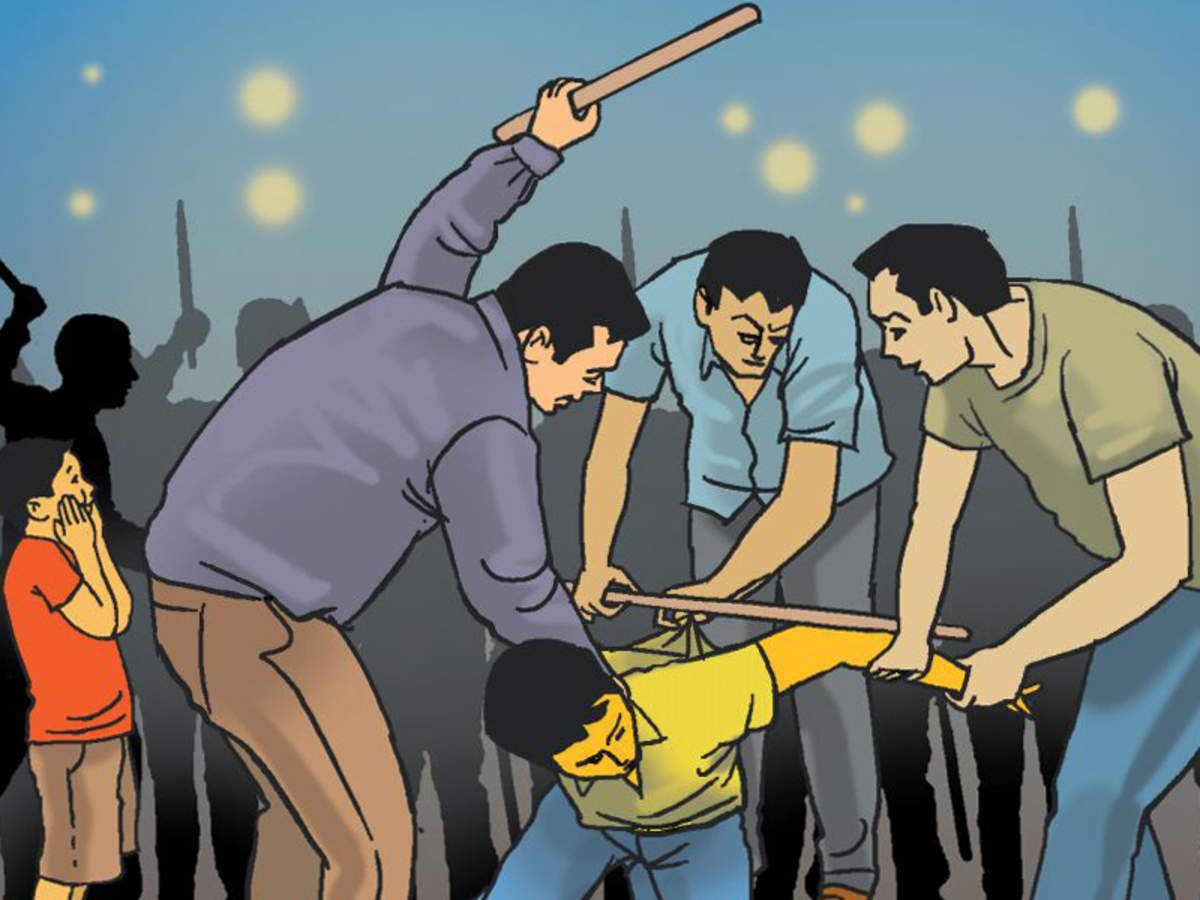(FICTION)
There is something about the girl in the blue-dupatta that I could neither pin point nor ignore. At first glance, she looks like a new bride but the expression on her face does not seem to complement my conjecture. I gently unplug an earphone from my husband’s ear and plug it into my own.

Representative Image
The girl playing on my husband’s phone turns out to be a newly wed widow. Her hands, which she brings up twice to show to the camera, have patches of henna on them. Her face has the glow rendered by a recent bridal facial.
When she speaks, her tone is devoid of emotions and her eyes reflect none of the grief of a new widow. One can tell by looking at her that she has not had a good cry. Although technically aware of her companion’s demise, she is yet to register its devastating implications. Grief, it seems, has politely stepped aside, giving her time to deal with the pressing affairs at hand. It shall come back later to consume what rightfully belongs to it.
So, as long as the camera rolls, I detect no trace of emotion on her face. Not when she says that she is left all alone in the world, not when she says that her husband was tied to an electric pole and mercilessly beaten to death.
I have seen the footage of the final moments of the man, whose widow I am now listening to. The footage, recorded by a mobile camera to keep as a memento, has the victim in the foreground, beaten and wounded. In the background stand a bunch of bare footed and filthily dressed men and boys, who would, in normal circumstances evoke one’s pity.
I had watched the footage for barely five seconds before scrolling up and sparing myself the torment of witnessing a brutal murder. I am aware of my candidature for a similar fate. Only too recently, a woman, a political leader of some sort, called for the rape and lynching of the women of my community by the male members of her community. After we are raped and lynched by ten to twenty men, our private part ought to be impaled in the market place for an effective finishing touch, I guess. That, according to her, was the only solution for our community. ‘The final solution’, I hear myself say.
The clip on my husband’s phone ends abruptly. I try to place myself in her shoes and imagine the man by my side tied to an electric pole, bloodied and hapless. My heart dislocates and sinks into the pit of my stomach.
I think long and hard. Being a direct victim of rape and lynching is in no way better or worse than being the wife, daughter, mother or sister of a lynched man. In the former, the agony is short lived but inexplicably intense. In the latter case, the agony consumes one slowly, like maggots leisurely eating away at the internal organs. It is impossible to have a personal preference.
I imagine myself in a game show. “Welcome to ‘The Lynchies’. (Can it be ‘Kaun Banega Lynchie?) Here is your first question”, says a tall, elegantly dressed man in a deep voice. “Imagine that you are in Lynchland. What would you prefer to be?”
“Your options are:
A) The lyncher B) The lynched
C) Kin of the Lynched D) Silent spectator
E) Neta F) The police”
“Sir, C and D are the only options applicable to me. To choose between them, I want to phone a friend”, I say.
The doorbell rings and my thoughts scatter away. The children are back from school. Tired but happy, they vie with each other to tell me the tales of their trials and triumphs.
Before I know, a verbal tug-o-war has commenced between the two, locked in an eternal dispute. The boy, twelve, argues logically, basing his arguments on reason and straight facts. The girl, eight, expertly trounces facts and logic with her expressive eyes, articulate statements and the magical wagging of her index finger.
“Poor girl! what can she do? Tongue is the only organ in her body that works. It’s a pity she can’t write with her tongue”, says the boy referring to his sister’s spelling mistakes in a class test today.
“You also better pray for a tongue. Spellings and calculations even computers can do,’ the girl comes back typically.
“I already have a tongue. Longer than yours, for that matter. See”, the boy thrusts out his tongue.
I am supposed to be involved and entertained. But my thoughts are elsewhere. I hear their words without listening. The two of them are beautiful and more alive than most living people. The girl wants to be a teacher when she grows up, so that she gets to correct copies with a red pen. The boy wants to become either a chef or a doctor.
I am unable to stop my morbid thoughts from extending to them. In my mind’s eye, I see them raped, lynched and impaled on a sword in the middle of a marketplace. My face must have betrayed the grim nature of my thoughts because suddenly, the boy stops in the middle of unbuttoning his shirt and asks in a tone of alarm, “Are you upset about something Mumma?”
‘Yes Mumma. What’s wrong with you?” adds the girl.
‘No nothing”, I say as I become conscious of my surroundings once again.
“A moment ago, you were extremely worried about something,” says the boy.
“What has the mother of such wonderful little things got to worry about?” I say as I draw both of them towards myself and hold them close to my bosom.